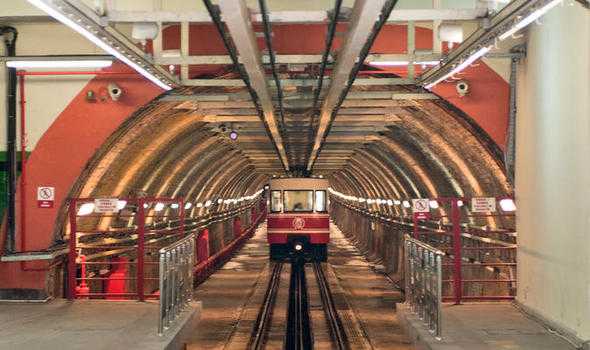A series of coordinated attacks in Brussels on Tuesday morning killed dozens and injured hundreds. The Islamic State claimed responsibility for the devastation — an attack that some have been warning for years would be possible.
To really understand all that’s happening in the Belgian capital, we recommend you read these five stories.
1. Why is tiny Belgium Europe’s jihad-recruiting hub?, by Michael Birnbaum
With 350 citizens in Syria, Belgium has the highest number of foreign fighters per capita of any European country. The influence of those fighters, bitter divisions throughout the country and “ineffective” integration of immigration has made Belgium a breeding ground of terror activity.
Like other European nations, Belgium is experiencing the consequences of what critics call decades of ineffectiveness in integrating immigrants, including many Muslims.
2. Why is Brussels under attack?, by Adam Taylor
In recent years, Brussels has gone from being a cultural center to a city riddled with terror plots. Take, for instance, last week’s capture of Salah Abdeslam, thought to be the last surviving architect of the Paris attacks. Its success quickly became overshadowed by the thought of how vast this terror network could be.
While the discovery of Abdeslam was touted as a success, it also appeared to show that the number of people involved in the Paris attacks could be far larger than first thought. And worryingly, there were signs that Abdeslam and the network around him had been planning more attacks.
3. A decade ago, she warned of radical Islam in Belgium’s Molenbeek, by Steven Mufson
Just over a decade ago, Belgian journalist Hind Fraihi went undercover in Brussels’s Muslim-heavy district of Molenbeek. Her reports revealed a hot-bed of violent extremism bubbling up in the area that she says should have been a wake-up call for Belgium.
Now, she says, because Belgian authorities have not done enough to fight extremism, “there is a whole generation waiting to participate in these actions.”
4. Attacks in Brussels bypassed a city already on high alert, by Thomas Gibbons-Neff
The city started preparing for an attack after the assaults in Paris in November. But even being on high alert for a “possible and likely” attack for months wasn’t enough to prevent them.
“You can’t protect every target, everywhere, all the time,” one security official said. “They’ve been on complete alert, and still all these measures are still insufficient against a determined adversary.”
5. Turkey’s president warned of terror threat to Brussels just days before it happened, by Ishaan Tharoor
Turkish President Recep Tayyip Erdogan issued a foreboding statement in the wake of his country’s own terror attack on March 13. In it, he warned that attacks like the one in Ankara, the capital of Turkey, can happen anywhere, specifically citing Brussels as an example.
There is no reason for the bomb which exploded in Ankara not to explode in Brussels, where an opportunity to show off in the heart of the city to supporters of the terror organization is presented, or in any city in Europe. Despite this clear reality, European countries are paying no attention, as if they are dancing in a minefield. You can never know when you are stepping on a mine. But it is clear that this is an inevitable end.
Read more:
Blasts leave dozens dead at Brussels airport and metro station
Live updates: Attacks in Brussels
